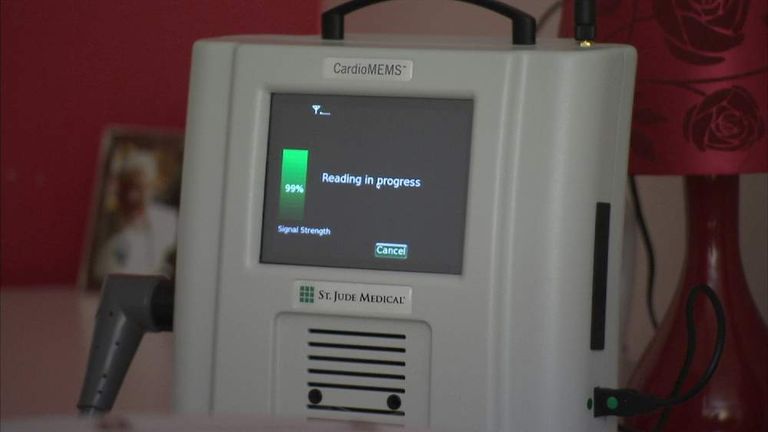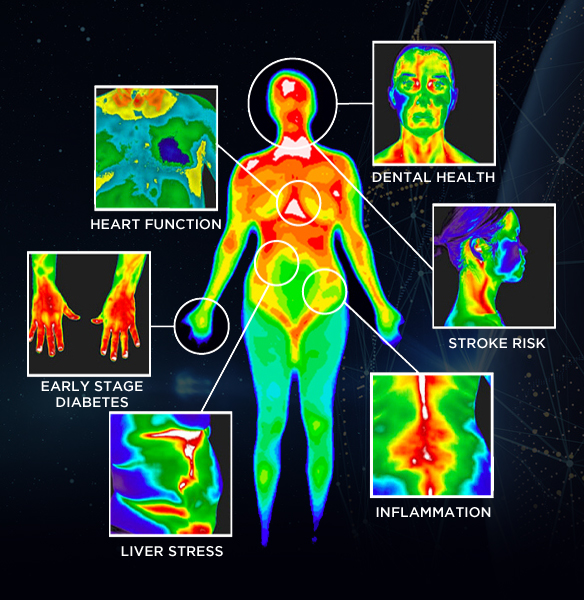

Northwestern began this study in May of 2017. With cost-savings in the tens of thousands of dollars, we're confident that future versions will have the ability to lead the next generation of monitoring technology.” “This new research validates KardiaBand performance with our experimental AI algorithms against legacy solutions and gives patients an inexpensive and immensely more comfortable way to allow long term heart monitoring.

“The introduction of KardiaBand represents a huge shift in the way heart health can be monitored,” said Vic Gundotra, CEO, AliveCor. We are excited for the impact that wearable technologies will have on the future of care.” “Our study is a proof-of-concept that you can use a wearable device to not only show whether or not you have atrial fibrillation, but how much atrial fibrillation you are having. “As atrial fibrillation is increasingly recognized as a major cause of stroke, an inexpensive and accurate wearable device will be an important tool for detecting and managing heart arrhythmias in millions of individuals who either already have the disease or are at risk of developing atrial fibrillation,” said senior author Rod S. The studied method used to detect AFib is investigational and pending FDA review. The investigators concluded that KardiaBand with the experimental SmartRhythm holds promise as an inexpensive and non-invasive approach to long term AFib surveillance and management. The correlation for AF episode duration between KardiaBand and ILR was high, at 0.997. The study announced today found that KardiaBand ECG prompted by the experimental SmartRhythm detected 74 of 76 episodes of AFib of at least 1 hour in duration, with a sensitivity of 97.4%. Investigators sought to determine whether KardiaBand with an experimental version of SmartRhythm could accurately detect episodes of AFib compared to an ILR. With the SmartRhythm AI, which continuously evaluates the smartwatch-provided heart rate and activity level, users are prompted to record an ECG when discordance between the two is detected. In contrast, KardiaBand allows patients to record and see a lead I ECG from the wrist, with instant analysis for AFib. ILRs, however, are invasive as they require surgery expensive, as they can cost over $20,000 to be implanted and monitored and opaque, as they provide no real-time feedback to the patient. Traditionally, ILRs have been viewed as the industry gold standard, allowing for long-term surveillance of AFib.

In a study presented at the American Heart Association Scientific Sessions, researchers from Northwestern Medicine demonstrated that the performance of AliveCor's KardiaBand with an experimental version of SmartRhythm artificial intelligence (AI) in detecting atrial fibrillation (AFib) compares favorably to an implantable loop recorder (ILR), the current industry standard. 12, 2018 – AliveCor, the leader in artificial intelligence and FDA-cleared personal electrocardiogram (ECG) technology, today announced new medical research suggesting the use of AliveCor's AI technology as a potential alternative to surgically implanted heart monitors.

Artboard 20 copy 2 View all Press ReleasesĪliveCor AI Found to Compare Favorably to Surgically Implanted Loop Recorder


 0 kommentar(er)
0 kommentar(er)
